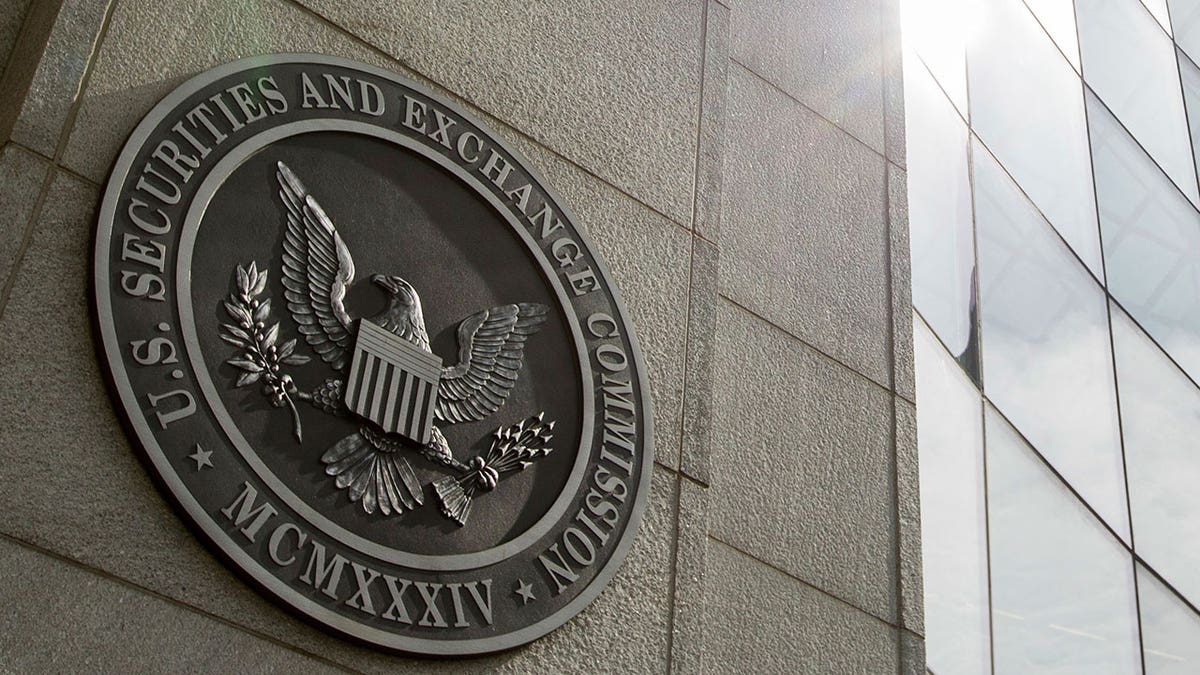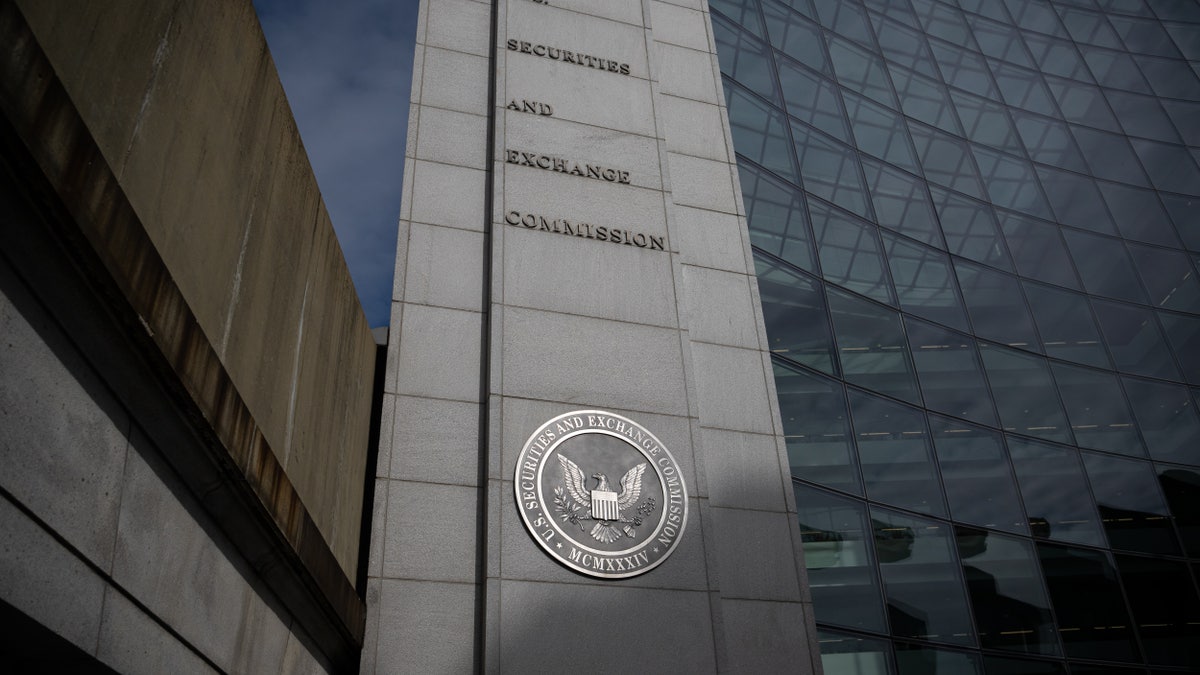Technology is increasingly being used to spy on us: Hannah Cox
BasedPolitics co-founder Hannah Cox reacts to car companies leaking driving information to insurance companies on 'Jesse Watters Primetime.'
The Securities and Exchange Commission (SEC) is illegally collecting data of every citizen who invests in the stock market, according to a new lawsuit.
The New Civil Liberties Alliance (NCLA) filed the suit Tuesday against the SEC claiming that the agency, through its "Consolidated Audit Trail," or "CAT," program, is collecting mass amounts of personally identifiable data by forcing brokers, exchanges, clearing agencies and alternative trading systems to capture and send detailed information on every investor’s trades in U.S. markets to a centralized database.
The agency is doing so, NCLA says, without authorization from Congress and in violation of the Fourth Amendment, which prohibits unreasonable government search and seizure of private information.
Conceived during the Obama administration with bipartisan support within the Commission, the CAT program is a multibillion-dollar, self-appropriated fund, powered by various fees the SEC has collected through investment transactions, NCLA says. The group calls it "completely unlawful" and says it puts Americans’ financial data at "grave risk."

The seal of the Securities and Exchange Commission is affixed on a wall at SEC headquarters in Washington, D.C., on June 19, 2015. (AP Photo/Andrew Harnik, File)
"By seizing all financial data from all Americans who trade in the American exchanges, SEC arrogates surveillance powers and appropriates billions of dollars without a shred of Congressional authority — all while putting Americans’ savings and investments at grave and perpetual risk," said Peggy Little, NCLA senior litigation counsel.
"The Founders provided rock-solid protections in our Constitution to prevent just these autocratic and dangerous actions. This CAT must be ripped out, root and branch," she said.
REPUBLICANS UNVEIL EFFORT PROTECTING FEDERAL LANDS FROM FOREIGN INVESTORS, CLIMATE ACTIVISTS

Pedestrians pass the New York Stock Exchange in the Manhattan borough of New York on May 5, 2022. (AP Photo/John Minchillo, File)
The lawsuit, filed in the district court for the Western District of Texas, calls CAT "the greatest government mandated mass collection of personal financial data in United States history."
"Historically, a government that wished to track its citizens had to devote large resources to having them followed. That is no longer the case: modern surveillance tools enable mass tracking of individuals’ every movement, every transaction, every purchase, sale, or transfer of securities at low cost while powerful computer algorithms can process that information to reveal personal and private details of each person’s financial life or investment strategy," the lawsuit states.
"This class action complaint challenges SEC’s shocking arrogation of power to impose dystopian surveillance, suspicionless seizures, and real or potential searches on millions of American investors."
Little told Fox News Digital that the SEC collects and stores in its database "every trade information on every investors’ trades from inception to completion," naming funds like 401(k) or 529 Education Fund as examples.
"And there is simply no law that permits them to do that, and the Fourth Amendment forbids them to do that," she said.
"And here's the dirty little truth: all investing Americans will pay for this because it's paid for by fees that the SROs [self-regulatory organizations] extract from the brokerage houses, who charge their customers… I mean, this is a multibillion-dollar tax on American investors and American investing, and nobody ever voted for it."
A spokesperson for the SEC told Fox News Digital that "the Commission undertakes its regulatory responsibilities consistent with its authorities."
SEC WARNS BROKER DEALERS OVER INADEQUATE ANTI-MONEY LAUNDERING MEASURES

The Securities and Exchange Commission headquarters is seen in Washington, D.C., on Jan. 27, 2023. (Graeme Sloan/Bloomberg via Getty Images)
In an op-ed published Monday in The Wall Street Journal, former Attorney General William Barr argued that "even when the government seeks information about a citizen from banks, phone companies and others with whom he has done business, the government isn’t free to vacuum this up carte blanche."
Barr noted that the crux of the SEC’s argument for the CAT program is that "it could investigate things more easily if it weren’t limited to gathering investor information on a case-by-case basis after suspected wrongdoing took place."
CLICK HERE TO GET THE FOX NEWS APP
"But the whole point of the Fourth Amendment is to make the government less efficient by making it jump through hoops when it seeks to delve into private affairs," Barr wrote.
"For an agency to argue that it should be able to avoid these hoops to make investigations easier is to assert that it should be exempt from the Fourth Amendment."














































